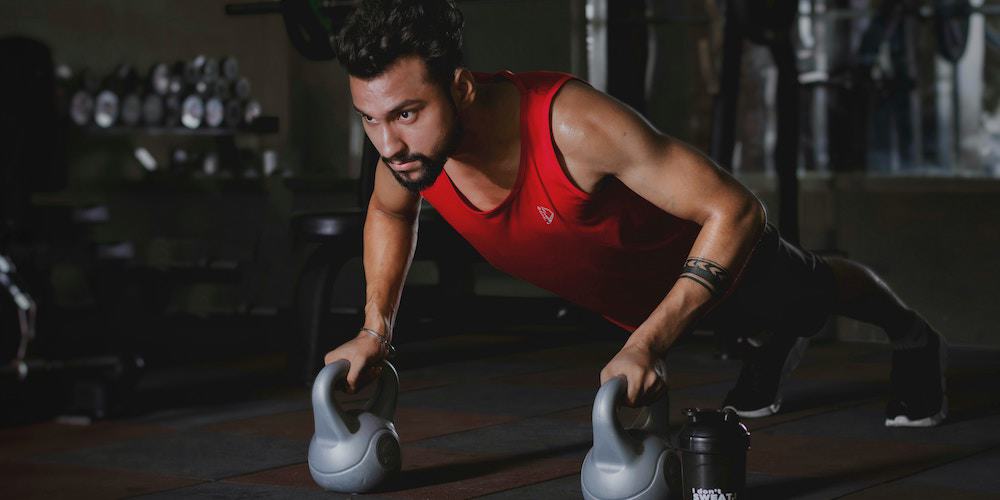Collagen is a fibrous protein essential for the proper functioning of the human body. Naturally abundant in the body, it plays a structural and supportive role in most tissues.
Bones, joints, and skin, blood vessels, muscles, and tendons contain it.
Gradually, its natural production decreases with age, causing the onset of joint pain, wrinkles, loss of bone density, and other signs of aging.
Scientific studies have already shown positive effects from collagen supplements on the skin and joints.
Do you lift weights? You may be wondering about the role of collagen in this sport, which puts your muscles, tendons, ligaments, and joints under a lot of strain. Here are the recent studies I found on the subject.
Also read | A pharmacist selected the 3 best marine collagens
The benefits of collagen in weight training
Collagen and muscle development
Collagen isn’t the first dietary supplement that comes to mind when you’re trying to build muscle mass. Whey and creatine are far more commonly used.
And for good reason, it is low in leucine, isoleucine, and valine, the BCAAs so renowned in the sports nutrition sphere for their role in anabolism, i.e., muscle building.
However, its glycine-rich composition could nevertheless be interesting to support muscle building.
This study from 2022 notably showed the effects of collagen supplementation on about fifty healthy men, in addition to targeted training to increase muscle mass in the lower body.
After more than 15 weeks of supplementation, the results are positive compared with the placebo group.
This study seems promising regarding the effects of collagen on increasing muscle mass. However, I think that further, larger-scale studies should be conducted.
Finally, according to this other publication, the effects of collagen on stimulating muscle growth are more apparent in men with sarcopenia, which is defined as a condition resulting from a loss of muscle mass and strength.
Also read | How to choose the best whey? Advice from a dietitian
Collagen reduces sports-related joint pain
Collagen’s effect appears to be far more significant for reducing joint pain, and that would be its main benefit.
This first study carried out on 147 athletes over 24 weeks showed that adding hydrolyzed collagen peptides to their daily routine supported cartilage health while reducing joint pain.
The results of this research were reaffirmed by this recent review, which summarizes 15 scientific studies.
These beneficial effects of collagen on the joints are therefore good news for people who do weight training.

Does the decrease in collagen pose a risk for weight training?
It is known: with age, the synthesis of collagen decreases. But this is not the only factor that impacts its production. Among others, exercise promotes this collagen loss by increasing oxidative stress, which can affect molecular structures.
With this growing collagen deficit, joint cartilage thins and can cause joint pain. Bones become less dense, and the strength and elasticity of tendons and ligaments decrease.
Collagen is important for these tissues involved in weight training. This sport involves repetitive movements and often heavy loads. The pressure exerted on the joints, muscles, and ligamentous structures is considerable.
If these structures are more fragile due to a lack of collagen, it is likely to lead to a higher risk of injuries in weight training. Tendonitis, sprains, fractures, muscle tears, and general joint pain are more likely to occur.
If you do strength training after 30, I find that supplementation could be useful to protect your tissues.



